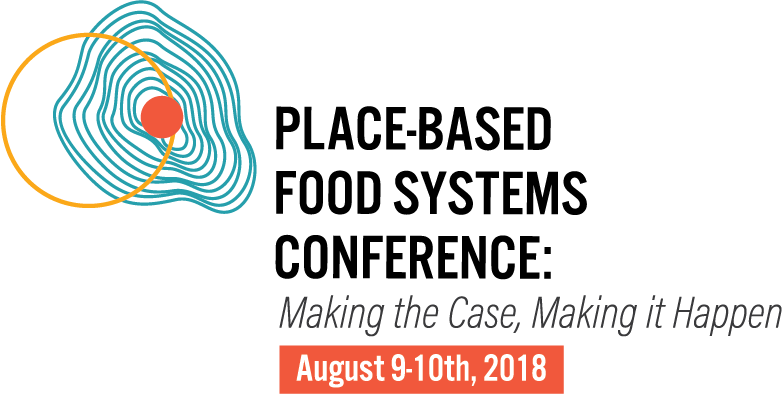What Makes Food Policies Happen? Insights from Portuguese Initiatives
DOI:
https://doi.org/10.5304/jafscd.2019.091.021
Keywords:
Urban Agriculture, Drivers, Constraints, Food Policy, PortugalAbstract
Two key questions addressed in the current study are why urban agriculture and food initiatives in Portugal take so long to materialize, and why existing initiatives don’t scale up from projects to policies. We argue that existing initiatives are mainly carried out as linear processes and have quite limited long-term political commitment. We carried out in-depth interviews with key informants involved in formulating the four initiatives examined. Findings suggest that political commitment and funding are critical points explaining why urban agriculture and food initiatives take so long to materialize in Portugal. These findings align with the conclusions of the recent reports from IPES-Food (Hawkes & Halliday, 2017) and ICLEI-RUAF (Dubbeling, 2013) on what makes food policy happen. In-depth interviews with key informants highlight additional constraints, notably the lack of several important facilitating tools such as monitoring and assessment of initiatives; strong vertical multilevel governance and horizontal city-based governance; and significant participatory processes for project implementation and policy formulation. Based on the results obtained so far, we conclude that the constraints found in Portugal come mostly from governance-related issues. Therefore, changes can only happen under a supportive policy at the national level and a facilitating legal system based on vertical and horizontal multilevel governance, strong political commitment, and a national awareness campaign among all the food systems actors. A national platform able to gather relevant data and assess and monitor ongoing initiatives may be the key step to assembling different stakeholders who can advocate and then lead to higher political commitment in Portugal.
Metrics

Downloads
Published
How to Cite
Issue
Section
License
The copyright to all content published in JAFSCD belongs to the author(s). It is licensed as CC BY 4.0. This license determines how you may reprint, copy, distribute, or otherwise share JAFSCD content.











